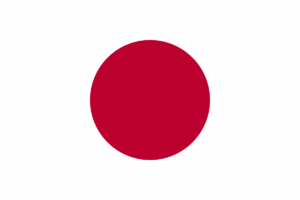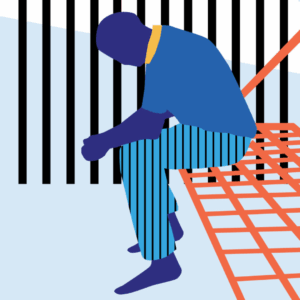
From Exoneration to Execution: Japan fails to learn from historic miscarriage of justice case
- News
- 7 Jul 2025
In a major blow to Japan’s human rights record, the country has resumed executions after nearly three years, putting Takahiro Shiraishi to death on Friday, June 27, 2025. This marked the end of a 2-year, 11-month hiatus – the longest pause since the Ministry of Justice began publicly disclosing the names and crimes of death row inmates in 2007. With this execution, Japan has rejoined the shrinking group of nations that continue to execute their captive citizens.
Just last September, the acquittal of 89-year-old Hakamada Iwao – once the world’s longest-serving death row inmate after spending nearly 50 years in prison, mostly on death row in solitary confinement with the ever-present threat of execution – threw a harsh spotlight on the systemic flaws in Japan’s criminal justice system. In the aftermath of this exposure of an egregious miscarriage of justice, Hakamada’s release drew international scrutiny, and it seemed briefly that it might act as a welcome turning point.
An expert panel made up of legislators, academics and a former police chief was convened in response to pressure from the Japan Federation of Bar Associations to consider the country’s use of capital punishment. Their findings, which were presented to Prime Minister Ishiba Shigeru, concluded that Japan’s criminal justice system and use of the death penalty is riddled with problems that can no longer “remain ignored,” warning that it “must not continue in its present form.” Critically, the panel warned that miscarriages of justice are a real and pressing concern and emphasised the need for greater transparency with the public.
Conditions of death row and executions in Japan remain shrouded in secrecy – but what information is known is routinely met with extensive criticism and indicates the country is not meeting its obligations under international law. People on death row are kept in solitary confinement and have limited contact with family and people outside of prison. In the case of Hakamada Iwao, the emotional damage inflicted by his isolation over more than four decades has affected his ability to communicate. When executions take place, defendants are typically given only a few hours’ notice, and their families are usually informed only after it has taken place. Japan carries out executions by hanging -a method that, as acknowledged by the Osaka District Court in 2011, can take more than two minutes for the person to lose consciousness, during which time they may continue to experience significant pain.
Adding to the controversy, last month’s execution was carried out whilst a constitutional challenge to the practice of executing without adequate notice is pending before the Supreme Court. A challenge to the legality of hanging in Japan is separately making its way through the courts.
Every five years, the Cabinet Office conducts a national survey on public attitudes toward the death penalty. In the most recent survey, released in March 2025, 83.1% of respondents said the death penalty was “unavoidable.” While the government often cites such figures to justify retaining the death penalty, it continues to withhold most details surrounding executions. This lack of transparency prevents the public from accessing critical information that could substantially inform their views. As a result, public opinion – formed without full awareness of the procedural realities and potential flaws of the system – cannot be reliably used as a legitimate basis for retaining capital punishment.
Saul Lehrfreund, Co-Executive Director of The Death Penalty Project, said:
The Ministry of Justice proceeded with an execution even while the constitutionality of Japan’s execution protocols is under review by the Supreme Court. This decision to execute, especially against the backdrop of a recent case involving a grave miscarriage of justice, is a flagrant violation of Japan’s obligations under the International Covenant on Civil and Political Rights (ICCPR) and demonstrates a profound disregard for the rule of law.
The Japanese authorities must immediately introduce a moratorium on executions as a first step towards abolishing the death penalty entirely – and commute all death sentences to terms of imprisonment.
As laid bare by the recent exoneration of Hakamada Iwao and the findings of the expert panel submitted to the Japanese Government, serious flaws within Japan’s criminal justice system create a real risk of wrongful convictions. If the State continue to put people to death, whilst the legality of the system of execution is before the courts, Japan is inevitably careering towards the execution of an innocent person.
















